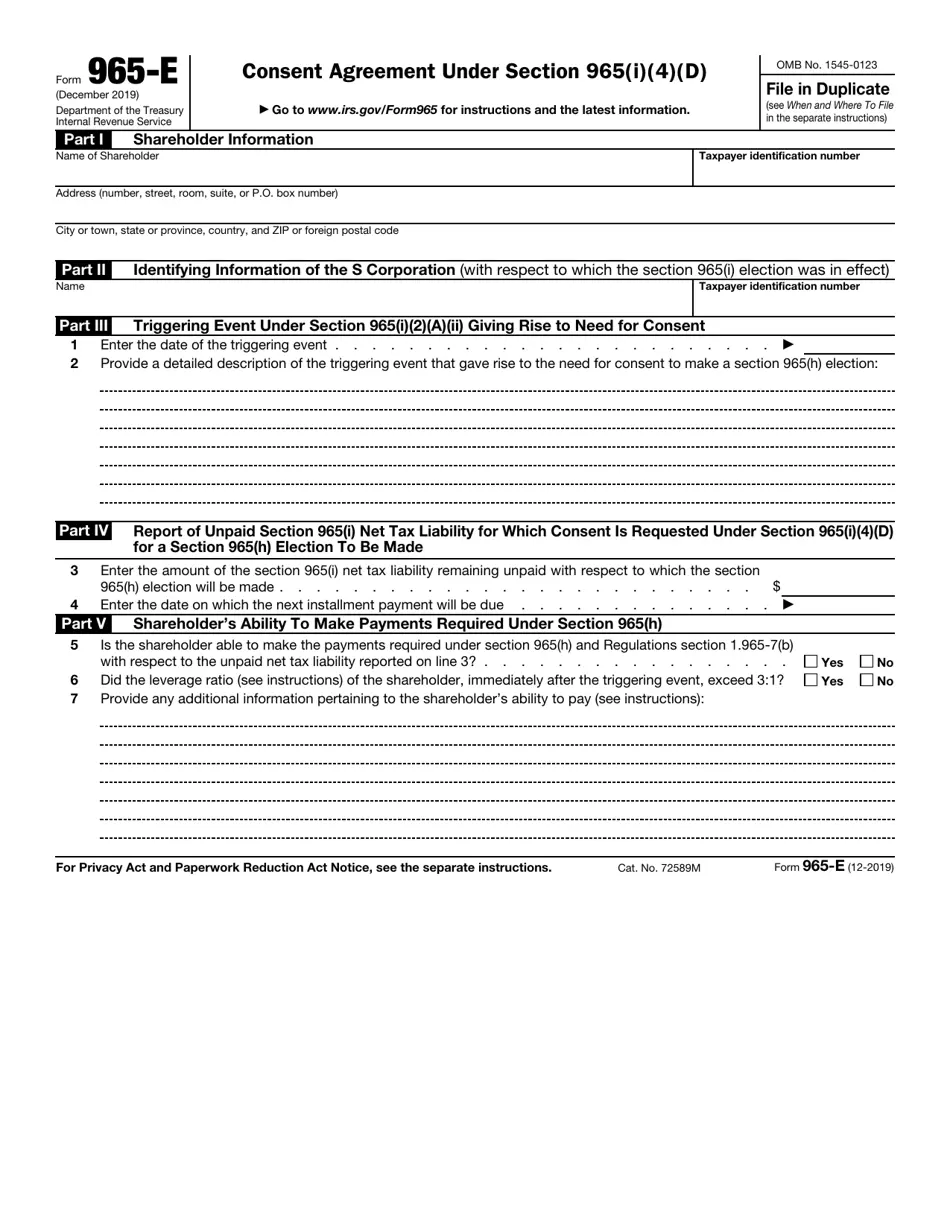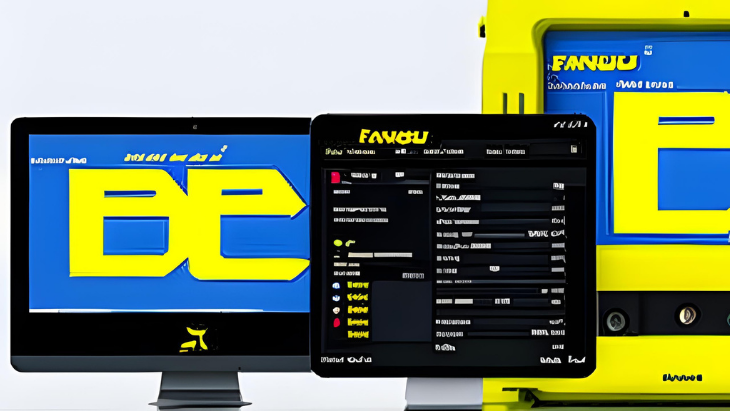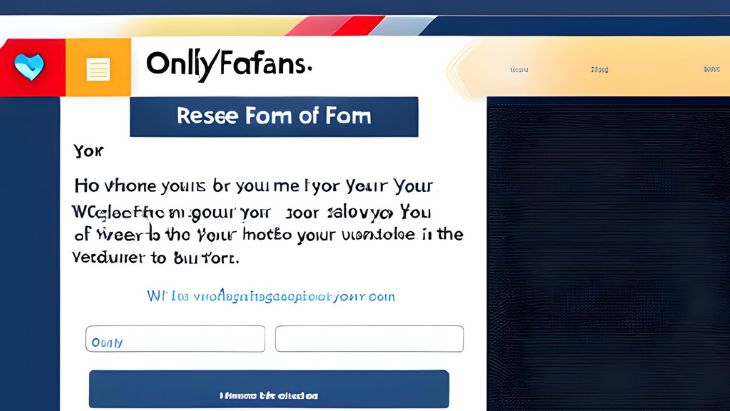Form 8993 is a crucial tax form used by American companies operating globally to ensure compliance with international regulations. Specifically designed for calculating and reporting tax considerations related to their overseas activities, Form 8993 addresses essential components such as Global Intangible Low-Taxed Income (GILTI) and Foreign-Derived Intangible Income (FDII). Additionally, it takes into account the Global Minimum Tax (GMT) and the Base Erosion and Anti-Abuse Tax (BEAT), reflecting a comprehensive approach to taxation in the global landscape. Understanding and appropriately completing Form 8993 is paramount for businesses aiming to navigate the complexities of international taxation effectively.
Global Intangible Low-Taxed Income (GILTI)
Global Intangible Low-Taxed Income (GILTI) is a fundamental calculation component of Form 8993, playing a significant role in the taxation of U.S. companies operating abroad. GILTI addresses income earned by foreign subsidiaries that may have lower tax rates compared to the U.S., aiming to prevent erosion of the U.S. tax base. This provision ensures that U.S. shareholders of controlled foreign corporations (CFCs) are subject to a minimum level of taxation on their foreign earnings, thereby promoting tax fairness and discouraging profit shifting to low-tax jurisdictions. Understanding and accurately calculating GILTI is essential for businesses with international operations to comply with tax regulations and fulfill their financial obligations.
Foreign-Derived Intangible Income (FDII)
Foreign-Derived Intangible Income (FDII) is a crucial calculation element within Form 8993, representing specific income derived from foreign sources. It’s designed to incentivize U.S. companies to maintain and use intangible assets within the United States, encouraging economic growth and domestic investment. The FDII deduction aims to provide tax advantages to businesses that generate revenue from overseas sales, licenses, or services linked to intangible assets. Understanding FDII is essential for businesses engaged in international operations to optimize their tax strategies and navigate the intricacies of global taxation.
Global Minimum Tax (GMT)
The Global Minimum Tax (GMT) is a significant concept integrated into Form 8993, highlighting its importance within the form’s structure. GMT is a global tax framework aimed at establishing a minimum tax rate that multinational corporations must pay, regardless of the countries they operate in or the tax incentives they may encounter. This initiative seeks to create a level playing field, ensuring that companies pay a fair share of taxes and preventing a race to the bottom in terms of tax rates. It represents a crucial step in international tax reform, promoting fiscal equity and cooperation among nations. Understanding GMT and its implications is essential for businesses navigating the evolving landscape of global taxation.
Base Erosion and Anti-Abuse Tax (BEAT
Base Erosion and Anti-Abuse Tax (BEAT) is a critical concept evaluated within Form 8993, underlining its significance in the tax realm. BEAT aims to counter tax evasion and misuse by multinational corporations. It functions by imposing a minimum tax on certain deductible payments made by these corporations to foreign affiliates or related entities, ensuring that they pay a reasonable amount of tax in the United States. BEAT serves as a vital tool in preventing erosion of the U.S. tax base, promoting fair taxation, and discouraging improper use of deductions that could exploit the tax system. Understanding BEAT is crucial for businesses striving to maintain compliance and adhere to responsible tax practices in the international arena.











